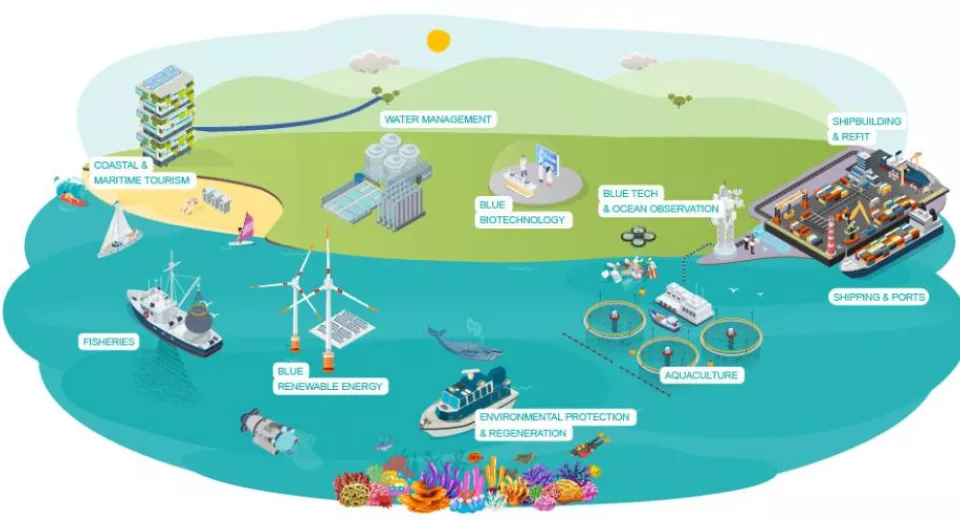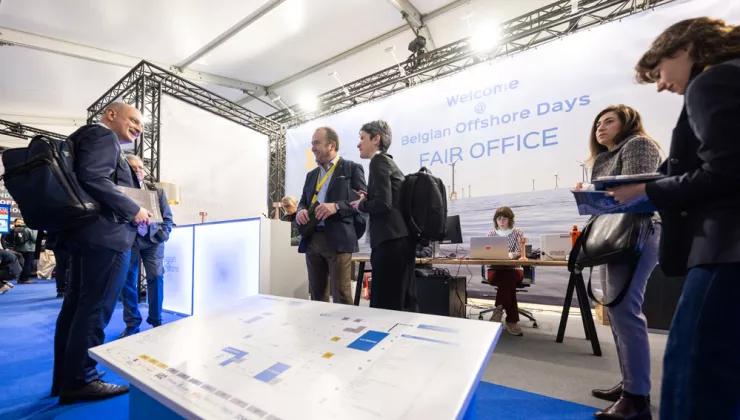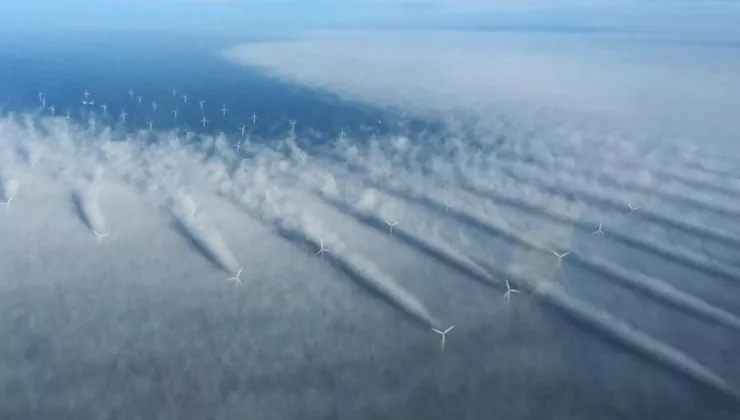EU Blue Economy Report 2025: Strong growth and focus on innovation
The EU Blue Economy Report 2025 was published at the end of May and is an important source of information for policymakers, companies and researchers. The document helps support the transition to a more sustainable and resilient maritime economy.
The blue economy includes all economic activities linked to seas, oceans and coastal areas. This ranges from fishing and aquaculture to shipbuilding, port operations, maritime transport and offshore renewable energy.
The 2025 edition broadens the scope to include blue biotechnology, desalination and ocean energy, among others, and highlights the potential of nature-based solutions in the fight against climate change.
📈 The blue economy in figures
- Total turnover of the European blue economy: €890.6 billion in 2022
- Gross value added (GVA): €250.7 billion in 2022, rising to €263 billion in 2023
- Direct employment: 4.82 million people in 2022, growing slightly to 4.88 million in 2023
- Offshore wind: 42% growth in GVA compared to 2021, accounting for €4.1 billion profit in 2022
- Net investment: €8.8 billion (excluding tourism and transport)

🌊 Trends and new insights
The blue economy is clearly on the rise, with strong performance in both established and emerging sectors. In 2022 and 2023, the value added of maritime transport, offshore energy and port activities in particular grew. Emerging areas such as blue biotechnology, ocean energy, desalination and digital applications (such as the Digital Twin of the Ocean) are also developing rapidly.
Notable is the focus on energy transition within maritime transport and the fishing fleet. Both greening of vessels and alternative fuels are given priority. This is in line with Belgian initiatives that focus on emission-free shipping and innovative logistics solutions in ports such as Zeebrugge and Antwerp.
In addition, the importance of nature-based solutions is emphasised. These can help protect coastal areas from flooding and erosion. According to the report, the benefits of such solutions - think dunes, wetlands or shellfish beds - far outweigh the costs, with a benefit-cost ratio of more than 3.5.
🔍 Broader perspective
For the first time, the report also includes estimates based on preliminary figures for 2023, making it more responsive to current trends. Moreover, the analysis has been expanded to include data on seafood consumption outside households and sales through regular shops, strengthening the understanding of the entire value chain.
The report also supports the European Commission's broader policy framework for a sustainable blue economy. This focuses on investments in clean technologies, green port infrastructure, marine robotics and international cooperation.
For Belgium, the report confirms the strategic value of the North Sea as an engine for energy, innovation and sustainable growth. Projects such as the Princess Elisabeth Island, floating solar panels and marine research help put Flanders on the map within the European blue innovation policy.



